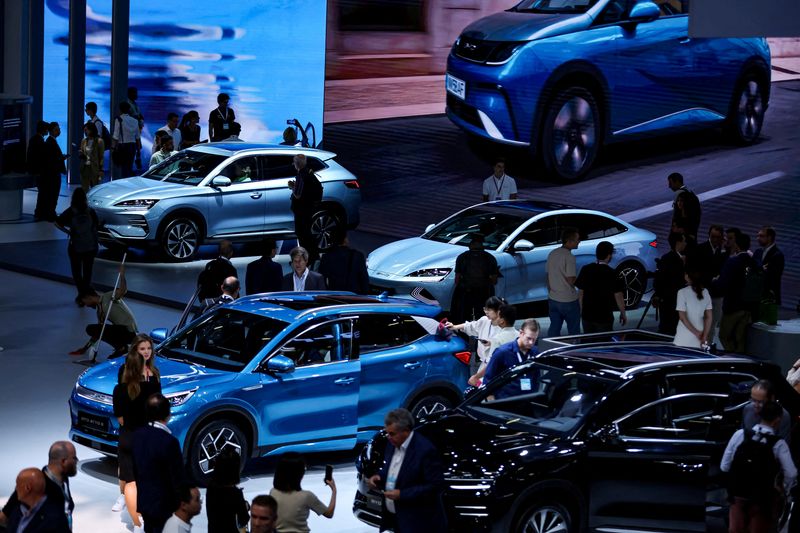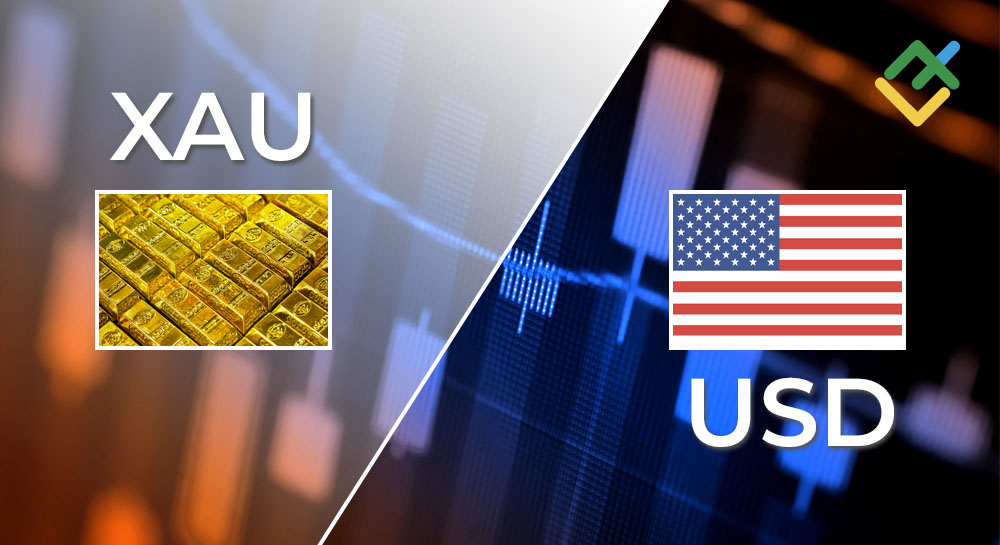
BEIJING (Reuters) – China’s state-backed Global Times has urged the EU to “show sincerity” in technical talks before imposing tariffs on Chinese-manufactured electric vehicles (EVs), after the bloc said provisional tariffs would take effect from Friday.
When the U.S. administration of Donald Trump ratcheted up tariffs on $300 billion worth of Chinese goods in 2018, kicking off an escalating trade war, China typically responded quickly with curbs of its own.
But come Friday morning, Beijing has so far only urged Brussels to dial up the intensity of talks.
“China urges EU to advance consultations on resolving EV tariffs spat,” read the headline of one Global Times article following Brussels’ decision, amid relative silence from other state media.
“There is still a four-month window before arbitration,” the newspaper quoted commerce ministry spokesperson He Yadong at a regular news conference on Thursday regarding impending tariffs of up to 37.6% on Chinese-made EVs.
A separate editorial in the Global Times, which first reported Beijing was considering opening investigations into European pork, dairy and large-engined car imports, urged the EU to consider European automakers’ opposition to the curbs.
Authorities have previously dropped hints about what they might do next through state media commentaries and interviews with industry figures.
The government has repeatedly called on the European Union to cancel its tariffs, expressing a willingness to negotiate. It has said it does not want to be embroiled in another tariff war – with U.S. tariffs on its goods continuing to sting – but that it would take all steps to protect Chinese firms.
On Thursday, He Yadong updated reporters on an anti-dumping investigation into European pork imports.
The government is also undertaking an anti-dumping inquiry into European brandy imports, almost all of which came from France last year, Chinese customs data showed.

France has been among the firmest backers of EU curbs, while Germany, whose automakers made a third of their sales last year in China, reportedly wants to stop the tariffs.
The issue will be put to the 27-strong bloc in an advisory vote in the coming weeks.
This post is originally published on INVESTING.



